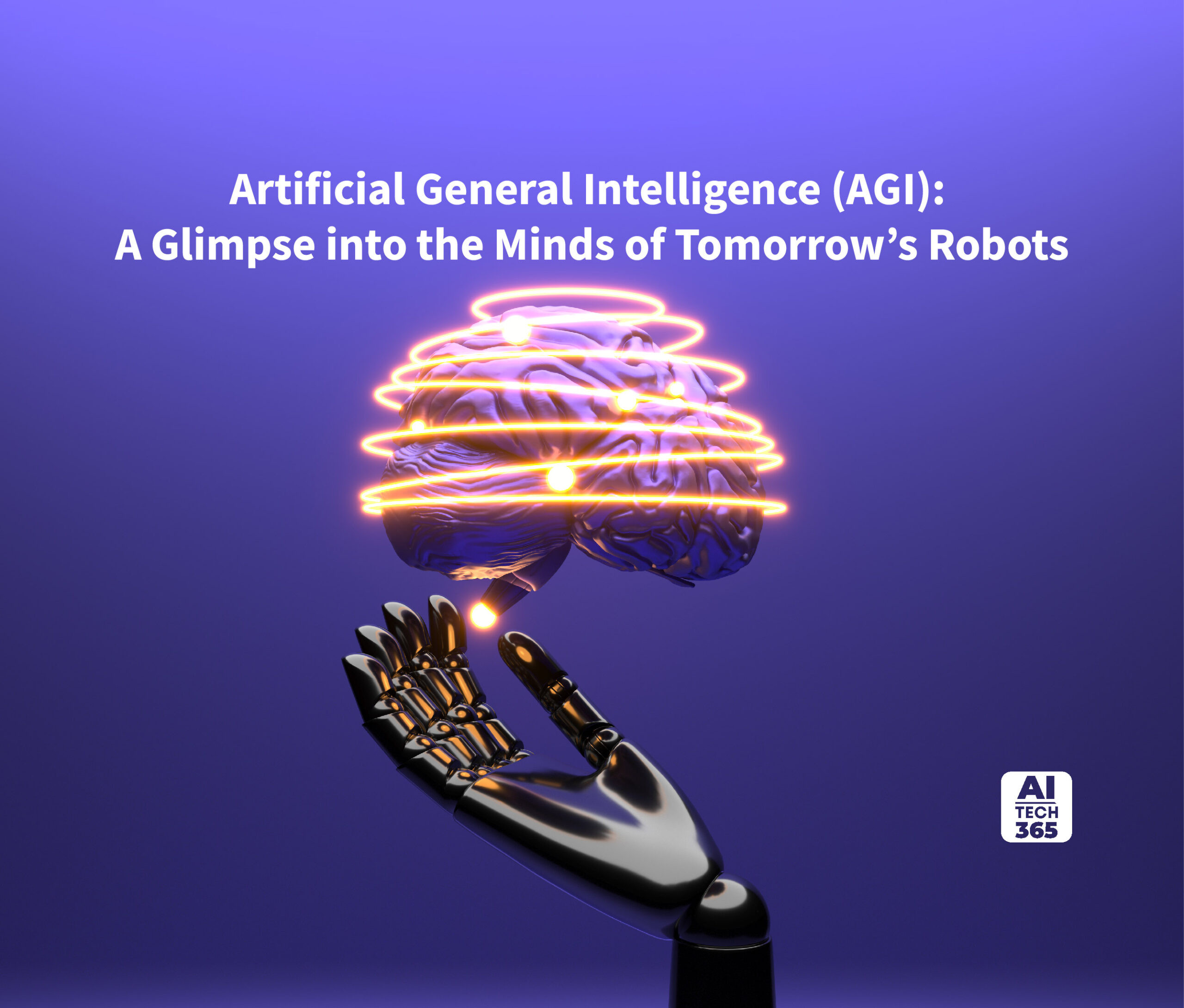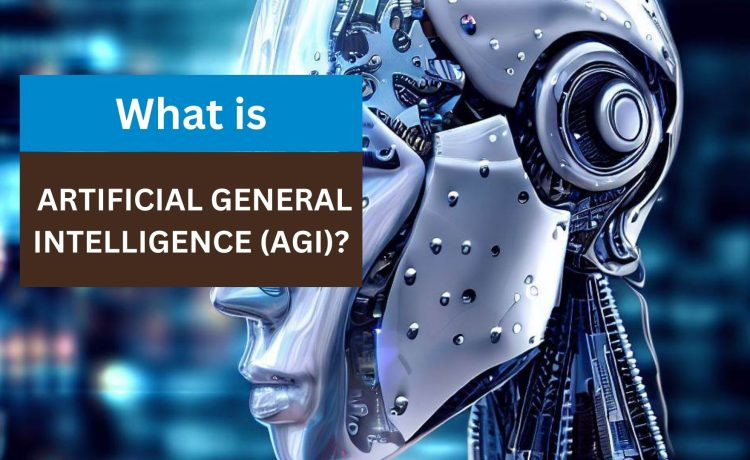As artificial intelligence grows more sophisticated by the day, the notion of Artificial General Intelligence (AGI) looms large—a machine that can think and reason like and even better than humans. But what if AGI, as we imagine it, is an illusion—contrived by our myopic expectations for super computation? What if it's true role is not to match or surpass human intelligence, but to fundamentally reshape how we engage with reality? This isn’t about machines becoming human; rather, it’s about machines taking over cognitive tasks and freeing us to explore a new, post-cognitive frontier.
We often equate intelligence with data processing and reasoning. AGI, in its theoretical form, promises to mimic these abilities across domains, but there’s a growing argument that AGI will never fully attain human intelligence in the same way we experience it. Instead, AGI might act as a powerful cognitive illusion, simulating human-like thinking while lacking true consciousness or self-awareness.
This illusion, however, is far from trivial. Machines like LLMs and future AGIs excel in fact-centric cognition—processing vast amounts of data, making predictions, and even creating content. They perform at a level that is, in many cases, beyond human capabilities. But intelligence isn’t simply a matter of processing information. Human thought is intricately tied to emotion, intuition, and creativity—domains where AI, no matter how advanced, cannot fully operate.
As AGI continues to evolve, its increasing dominance in fact-driven tasks could render certain aspects of human cognition obsolete. Historically, innovation has driven technological obsolescence—horse-drawn carriages gave way to cars, typewriters to computers—but now, human cognition itself faces this same trajectory. The traditional mental tasks that define human intelligence—reasoning, analyzing, computing—are being absorbed by machines.
This is not necessarily a loss, though. Post-cognitive reality could, in a curious way, be the next stage of human evolution. As machines take over the mundane and complex cognitive tasks, we may find ourselves free to explore new dimensions of thought—ones less bound by the factual and more rooted in emotional depth, intuition, and creativity.
Our brains, long understood as processors of information, may be less like calculators and more like emotional devices, suppressed by the cognitive demands of modern life. Current human consciousness is just a narrow filter of the brain’s potential. By necessity, it focuses on survival-driven tasks: managing facts, making decisions, and organizing reality into a digestible framework. However, consciousness represents only a fraction of the sensory input our brain receives. Could it be that this fact-driven focus has suppressed a deeper layer of intuitive, emotional, and perhaps even transcendent potential?
In this view, the post-cognitive era isn’t just about AI doing more cognitive work. It’s about releasing the brain from its fact-centric constraints, allowing us to shift focus from intellect to deeper, more meaningful experiences. The question becomes: What remains after AI takes over cognition?
If AGI’s role is to handle the cognitive heavy lifting, then the true value of human thought might lie in what transcends cognition—those elusive qualities that AI can’t replicate. Intuition, creativity, and emotional experience aren’t governed by facts or logic; they’re deeply tied to our personal and subjective experience. These may represent the essence of human consciousness—qualities that live on the other side of cognition’s asymptote, untouchable by AI.
As the prospect of AGI advances, the line between human and machine intelligence will blur. But in doing so, it forces us to reconsider whether our current focus on cognitive prowess is the endgame of human evolution. What if the true frontier of human thought lies in what we don’t yet fully understand: the emotional, the intuitive, the spiritual? If we stop measuring ourselves by cognitive ability and start valuing the depths of our emotional and creative consciousness, then we may find that we’ve only just begun to explore what it means to be human.
Research shows that artistic and scientific creativity may rely on different brain networks. Artistic creativity, tied to emotional and intuitive processing, contrasts with the logical reasoning used in scientific creativity. If AI assumes more of our problem-solving and data analysis, we might see a shift—a neuroplasticity-type modification in how our brains work—focusing more on creativity, intuition, and emotional experiences. In this new reality, our deeper human qualities could come to the forefront, redefining how we experience the world.
The future of human experience may not hinge on how closely AI can mimic human thought, but rather on how we choose to redefine it. In a world where machines surpass us in reasoning, the new frontier of existence lies in post-cognitive experiences—intuition, creativity, and emotional depth. The prospect of AGI is not a harbinger of obsolescence but an invitation to explore a different way of being.
We are not on the verge of replacement; instead, we stand at the threshold of uncovering our potential, where aspects of love—connection, empathy, and compassion—become defining qualities of our humanity. This evolution could represent the most significant frontier yet, guiding us toward a deeper understanding of what it means to truly live and relate to one another.


















